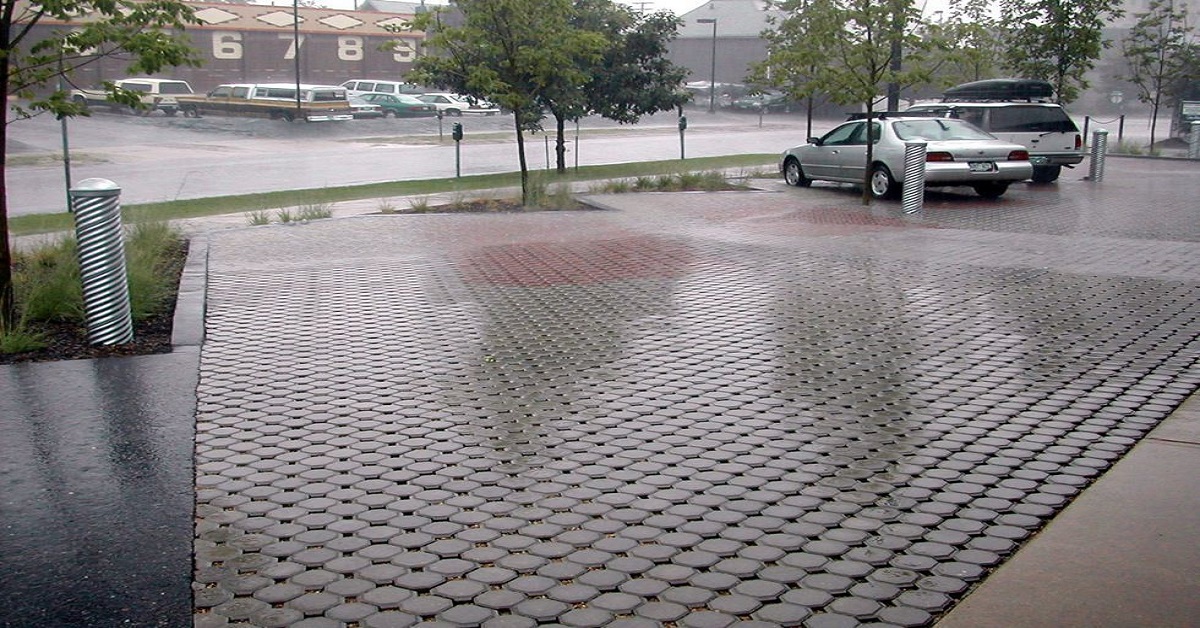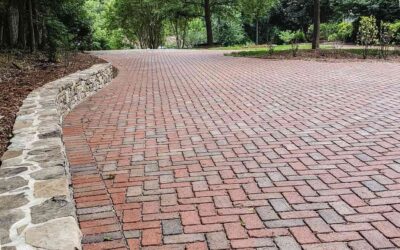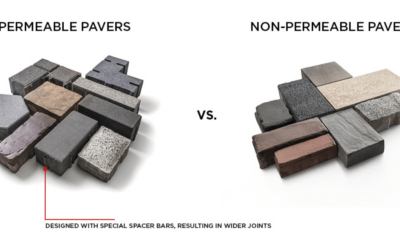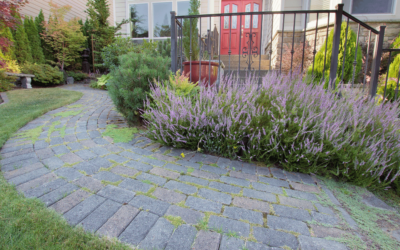Stormwater management is not just about puddle prevention, it is one of the secrets to greener, smarter cities. And if that is the aim, permeable concrete and permeable pavers are two worthwhile options. Both accomplish the task, yet each does it with its own flair.
Permeable Paving vs. Permeable Concrete
What’s Permeable Paving?
Permeable pavers are the trendy, cool alternative to the traditional surfaces. They are usually modular pavers with gaps for water to drain through to the bottom layer. That water seeps into the ground, reducing runoff and flooding.
Everyone adores permeable pavers because they are gorgeous and there are tons of design options available. Want a trendy driveway, elegant walkway, or green parking lot? This one’s a winner. And it eliminates that “urban heat island” effect and looks great with landscaping. Just one caveat. It does need periodic maintenance, like removing debris from it and resurfacing the joints.
Let us speak about Permeable Concrete.
Permeable concrete is currently the most durable option . It is designed to allow water to seep straight through the top into a bed of stone beneath. This material is extremely long-lasting, making it ideal for high traffic areas such as commercial parking lots, loading docks, and bridges.
It isn’t hard. It’s smart. It resists heavy loads, filters out contaminants, and doesn’t need much upkeep. Need strength and longevity? This material has you covered.
So why then should we become permeable?
There is a good reason why permeable surfaces are becoming ubiquitous:
- Stormwater management: They keep the runoff in check, avoiding flooding and erosion.
- Poolside safety: Ideal for areas around pools—water drains quickly, reducing slip risks.
- Environmental benefits: By permitting water to percolate through, you’re effectively recharging groundwater. As water flows through, it naturally filters. That means there’s less pollution finding its way into streams and rivers.
Conclusion
Whether you like the aesthetic of permeable pavers or the strength and ease of permeable concrete, both are smart, eco-conscious choices. It just comes down to what you need—design flexibility or bearing capacity. Either way, you’re helping build a cleaner, greener world.









0 Comments